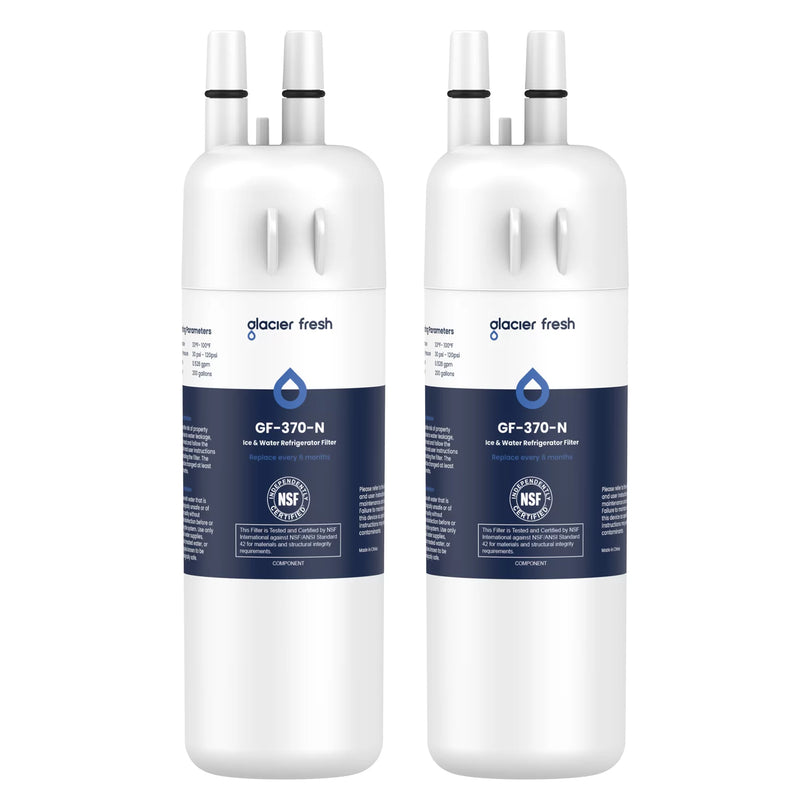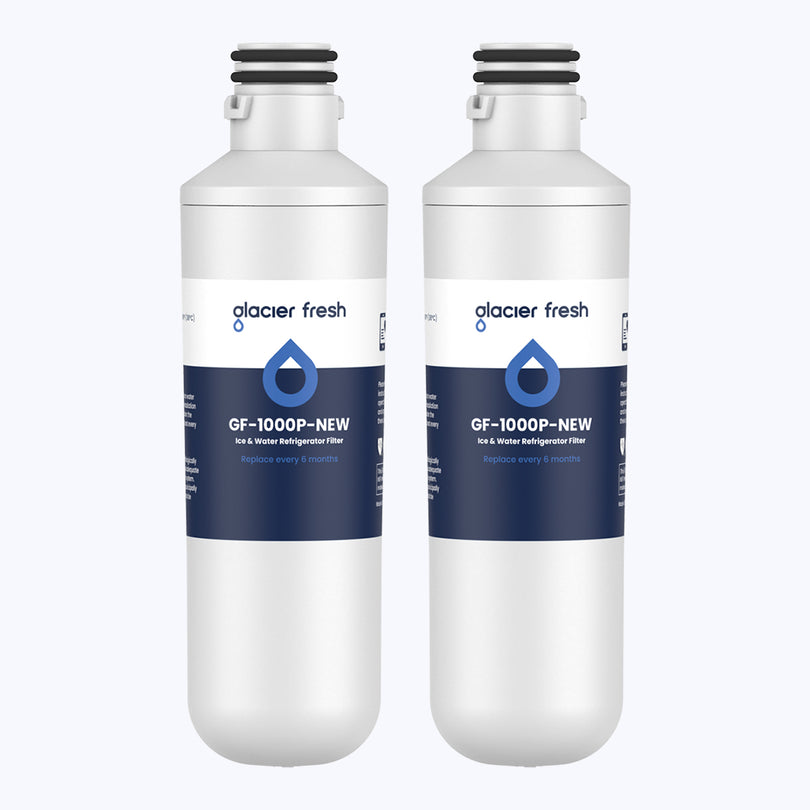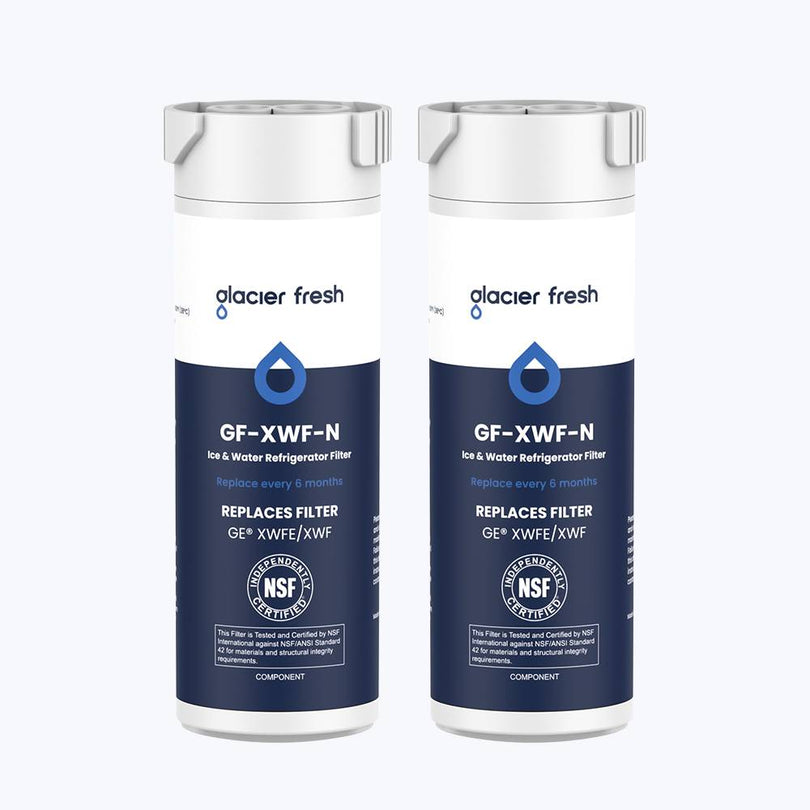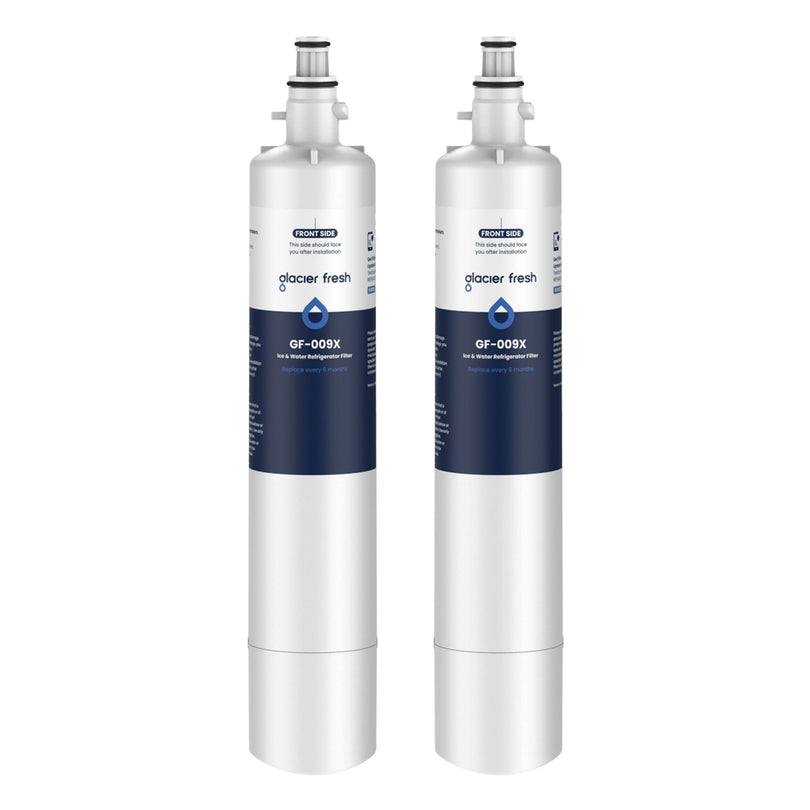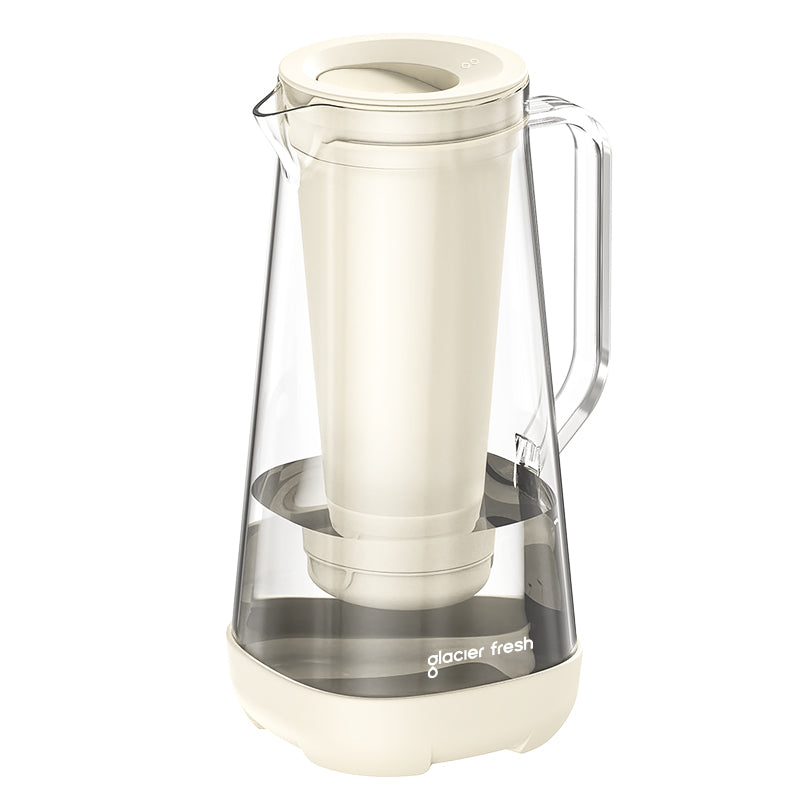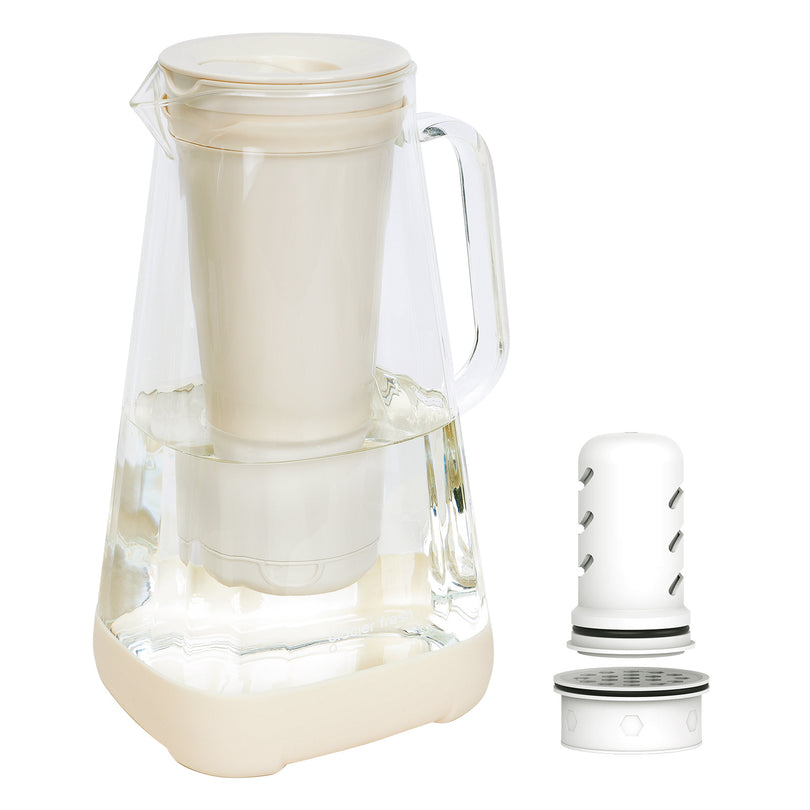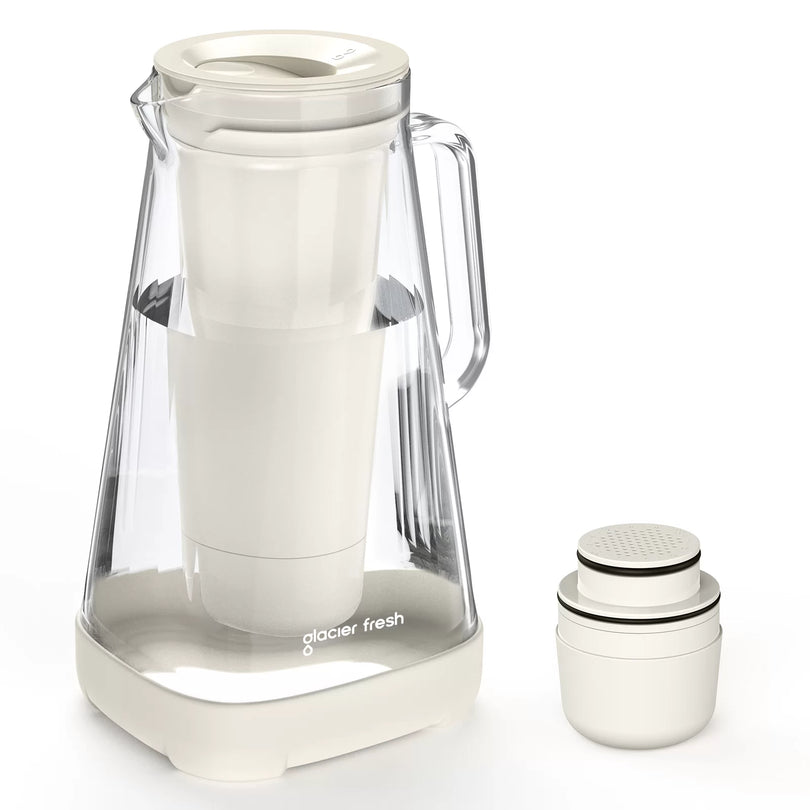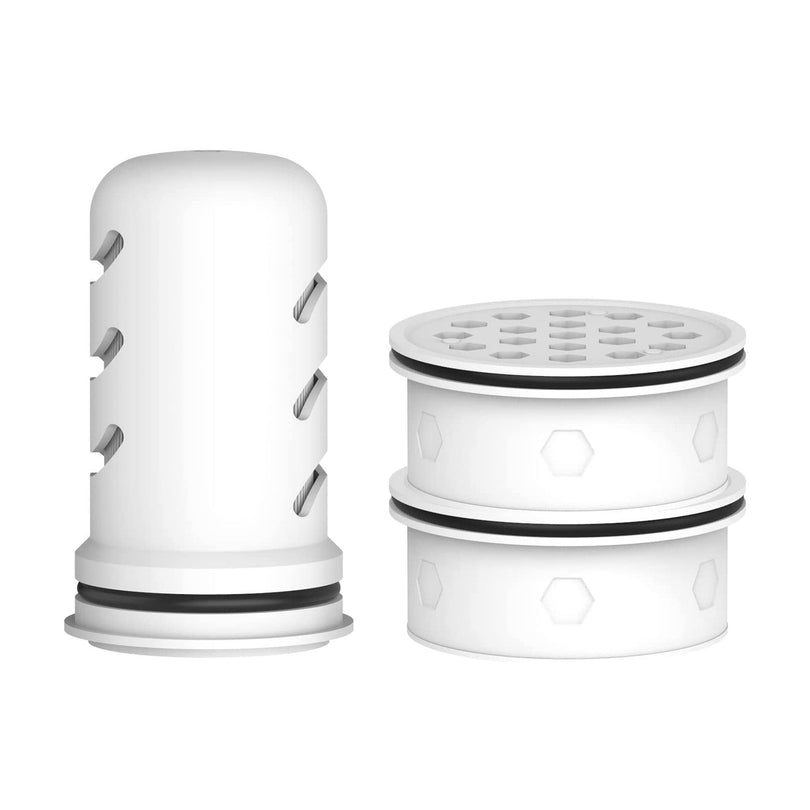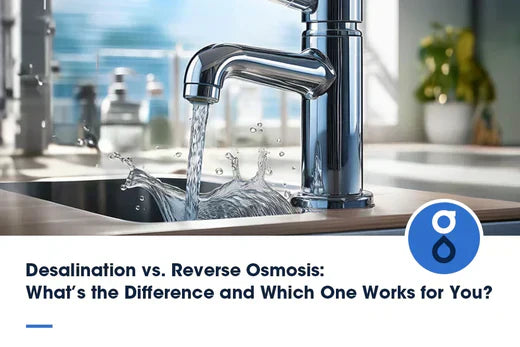Table of Contents:
Gefiltertes Wasser verstehen
Elektrolytwasser verstehen
Flüssigkeitszufuhr und Erholung: die Wissenschaft
Gefiltertes Wasser vs. Elektrolytwasser: ein Vergleich
Wann sollten Sie gefiltertes Wasser oder Elektrolytwasser wählen?
Kombination von gefiltertem Wasser mit Elektrolytpräparaten: Die beste Option?
FAQs
Abschluss
Die richtige Flüssigkeitszufuhr ist entscheidend für die Regeneration des Körpers, sei es nach dem Training, einer Krankheit oder einem langen Tag in der Sonne. Während viele Menschen ihren Durst mit normalem Wasser löschen, entscheiden sich andere für Elektrolytwasser, um die durch Schwitzen und Anstrengung verlorenen Mineralien wieder aufzufüllen. Doch welche Wasserart ist die richtige für die Regeneration? Reicht gefiltertes Wasser aus oder benötigen Sie zusätzliche Elektrolyte? Wir analysieren die Unterschiede zwischen gefiltertem und Elektrolytwasser und finden heraus, welches für Ihre Regenerationsbedürfnisse am besten geeignet ist.
Gefiltertes Wasser verstehen

Gefiltertes Wasser ist Wasser, das mithilfe verschiedener Filtermethoden wie Umkehrosmose, Aktivkohle oder anderen Filterarten gereinigt wurde. Diese Methoden entfernen Verunreinigungen wie Chlor, Sedimente, Pestizide und Schwermetalle und sorgen für sauberes, sicheres Wasser.
Die meisten von uns kennen gefiltertes Wasser, das man direkt aus dem Wasserhahn mit eingebautem Filtersystem trinkt, oder Flaschenwasser, das vor der Abfüllung gefiltert wurde. Der Vorteil von gefiltertem Trinkwasser ist seine Reinheit – frei von Schadstoffen und Bakterien versorgt es den Körper mit der benötigten Flüssigkeit, ohne zusätzliche Schadstoffe einzuführen.
Elektrolytwasser verstehen
Elektrolytwasser hingegen ist Wasser, das mit essentiellen Mineralien wie Natrium, Kalium, Kalzium und Magnesium angereichert ist. Diese Elektrolyte helfen, den Flüssigkeitshaushalt aufrechtzuerhalten, die Muskelfunktion zu regulieren und sicherzustellen, dass Nervensignale effektiv übertragen werden. Elektrolytwasser wird typischerweise während oder nach langen Trainingseinheiten konsumiert, insbesondere wenn es zu starkem Schwitzen kommt (z. B. Marathons, Radfahren oder intensive Trainingseinheiten im Fitnessstudio).
Elektrolytwasser ist sowohl in Flaschen als auch in Pulverform erhältlich. Beliebte Marken wie Gatorade, Powerade und spezielle Elektrolytwasser sind auf dem Markt. Im Gegensatz zu normalem Wasser ist es speziell dafür entwickelt, verlorene Elektrolyte nach starker körperlicher Anstrengung oder Krankheit zu ersetzen.
Flüssigkeitszufuhr und Erholung: die Wissenschaft
Eine ausreichende Flüssigkeitszufuhr ist ein Grundpfeiler der Regeneration. Nach dem Training benötigt Ihr Körper mehr als nur Wasser, um den Flüssigkeitshaushalt wiederherzustellen. Durch Schwitzen bei körperlicher Anstrengung verliert Ihr Körper Wasser und Elektrolyte, die für die Aufrechterhaltung der Muskelfunktion, die Vorbeugung von Müdigkeit und die Verringerung der Wahrscheinlichkeit von Krämpfen unerlässlich sind.
Wasser hilft, den Körper wieder mit Flüssigkeit zu versorgen, doch der Verlust von Elektrolyten kann nur durch einfaches Wasser ausgeglichen werden. Hier kommt Elektrolytwasser ins Spiel. Erfrischendes Natrium, Kalium und andere Mineralien stellen das Gleichgewicht der Körperflüssigkeiten wieder her, helfen Ihnen, sich schneller zu erholen und verringern das Risiko einer weiteren Dehydration oder eines Ungleichgewichts.
Gefiltertes Wasser vs. Elektrolytwasser: ein Vergleich

Nachdem wir nun wissen, was die einzelnen Wasserarten bieten, wollen wir ihre Vorteile hinsichtlich Flüssigkeitszufuhr und Regeneration vergleichen.
Hydratationsqualität
- Gefiltertes Wasser : Sorgt für saubere Flüssigkeitszufuhr ohne Verunreinigungen, enthält jedoch nicht die Mineralien, die bei der Muskelregeneration und dem Elektrolythaushalt helfen.
- Elektrolytwasser : Spendet Ihnen Flüssigkeit wie gefiltertes Wasser, hat aber zusätzlich den Vorteil, verlorene Elektrolyte wieder aufzufüllen, was besonders wichtig für die Erholung nach langen oder intensiven Trainingseinheiten ist.
Elektrolyte auffüllen
- Gefiltertes Wasser : Gefiltertes Wasser spendet zwar Flüssigkeit, ersetzt jedoch keine Elektrolyte, die nach längerer oder intensiver körperlicher Aktivität unerlässlich sein können.
- Elektrolytwasser : Der Hauptvorteil von Elektrolytwasser besteht in seiner Fähigkeit, die durch Schweiß verlorenen Elektrolyte zu ersetzen, wodurch es die Erholung in Situationen mit hoher Intensität effektiver macht.
Geschmack und Vorlieben
- Gefiltertes Wasser : Einfach und neutral, gefiltertem Wasser fehlt es an Geschmack oder zugesetzten Mineralien, was es für manche Menschen weniger ansprechend machen könnte.
- Elektrolytwasser : Elektrolytwasser ist oft aromatisiert und spricht vor allem diejenigen an, die etwas Geschmack bevorzugen, insbesondere nach einem langen Training. Einige Marken können jedoch Zucker oder künstliche Süßstoffe hinzufügen, was für gesundheitsbewusste Menschen möglicherweise nicht ideal ist.
Kosten und Zugänglichkeit
- Gefiltertes Wasser : Dies ist im Allgemeinen die kostengünstigste Option. Die laufenden Kosten sind minimal, sobald Sie ein Filtersystem installieren oder eine wiederverwendbare Flasche mit Filter kaufen.
- Elektrolytwasser : Dies kann teurer sein, insbesondere wenn Sie regelmäßig Elektrolytwasser in Flaschen kaufen. Die Kosten sind möglicherweise niedriger, wenn Sie Pulver verwenden, aber immer noch teurer als gefiltertes Wasser.
Wann sollten Sie gefiltertes Wasser oder Elektrolytwasser wählen?
Welche Wasserart Sie konsumieren sollten, hängt von Ihren individuellen Bedürfnissen und Aktivitäten ab. Gefiltertes Wasser ist eine gute Option für den Alltag. In folgenden Situationen eignet sich gefiltertes Wasser:
- Tägliche Flüssigkeitszufuhr : Für den regelmäßigen Flüssigkeitsbedarf reicht gefiltertes Wasser oft aus.
- Kurze Trainingseinheiten : Wenn Sie leichte bis mäßige Übungen machen, reicht gefiltertes Wasser wahrscheinlich aus, um Ihren Flüssigkeitshaushalt aufrechtzuerhalten.
- Allgemeines Wohlbefinden : Die Aufrechterhaltung einer sauberen Flüssigkeitszufuhr mit gefiltertem Wasser ist für die allgemeine Gesundheit von entscheidender Bedeutung und unterstützt die Nierenfunktion, die Verdauung und die Hautgesundheit.
Wenn Sie jedoch ein hohes Aktivitätsniveau haben oder an intensiven Trainingseinheiten teilnehmen, kann Elektrolytwasser die bessere Wahl sein.
- Lange oder intensive Trainingseinheiten : Nach einem schweren Training, längeren Übungen oder Ausdauersportarten wie Laufen oder Radfahren ist Elektrolytwasser entscheidend, um die durch Schweiß verlorenen Mineralien zu ersetzen .
- Heißes Wetter oder Schwitzen : Bei extremer Hitze oder Bedingungen, die übermäßiges Schwitzen verursachen, sorgt Elektrolytwasser dafür, dass Sie die notwendigen Mineralien erhalten, um Dehydrierung und Müdigkeit zu vermeiden.
- Genesung von einer Krankheit : Wenn Sie sich von einer Krankheit erholen, insbesondere von Fieber oder Erbrechen, das zu Dehydrierung führt, kann Elektrolytwasser dabei helfen, verlorene Mineralien wieder aufzufüllen.
Kombination von gefiltertem Wasser mit Elektrolytpräparaten: Die beste Option?

Angesichts der Vor- und Nachteile von gefiltertem und Elektrolytwasser fragen Sie sich vielleicht, ob die Einnahme von Elektrolytpräparaten mit gefiltertem Wasser die beste Option ist. Da liegen Sie richtig. Dieser Ansatz kombiniert die Vorteile von gefiltertem Wasser mit den Vorteilen von Elektrolytpräparaten für den Elektrolythaushalt. Eine attraktive Option zur Optimierung der Regeneration.
Gefiltertes Wasser ist frei von Verunreinigungen und Schadstoffen und bietet ein sauberes, erfrischendes Trinkerlebnis. Elektrolytpräparate können je nach Bedarf und Einnahmezeitpunkt hinzugefügt werden. Sie kontrollieren den Elektrolythaushalt und passen ihn an die Bedürfnisse Ihres Körpers an, egal ob Sie sich von einem Training, einem Rennen oder einer Partynacht erholen.
Wie geht man am besten vor? Beginnen Sie mit gefiltertem Wasser. Passen Sie dann Ihre Elektrolytzufuhr an Ihren individuellen Bedarf an. Zeitpunkt und Menge hängen von Faktoren wie der Intensität und Dauer Ihres Trainings, Ihrer Schweißrate und Ihren persönlichen Zielen ab.
Dieser Ansatz bietet Flexibilität bei Ihren Flüssigkeitszufuhrstrategien und ermöglicht es Ihnen, Ihren Elektrolythaushalt für eine optimale Regeneration anzupassen. Es ist eine intelligente, anpassbare Methode zur Flüssigkeitszufuhr, Regeneration und Rückkehr zur Höchstleistung.
FAQs
Kann ich zu viel Elektrolytwasser trinken?
Ja, das Trinken von zu viel Elektrolytwasser kann ein Ungleichgewicht in Ihrem Körper verursachen und zu Erkrankungen wie Hypernatriämie oder Hyperkaliämie führen. Mäßigung ist der Schlüssel.
Welche Anzeichen deuten darauf hin, dass ich mehr Elektrolyte benötige?
Symptome wie Muskelkrämpfe, Schwindel, Müdigkeit und Kopfschmerzen können darauf hinweisen, dass Ihr Körper einen Elektrolytmangel hat.
Abschluss
Sowohl gefiltertes als auch Elektrolytwasser spielen eine wichtige Rolle bei der Flüssigkeitszufuhr und Regeneration. Die beste Wahl hängt jedoch von Ihrem Aktivitätsniveau und Ihren spezifischen Bedürfnissen ab. Für die allgemeine Flüssigkeitszufuhr ist gefiltertes Wasser völlig ausreichend. Nach einem langen, intensiven Training oder Ausdauersport kann Elektrolytwasser jedoch helfen, verlorene Mineralien wieder aufzufüllen und eine schnellere Regeneration zu unterstützen.
Der Schlüssel zu optimaler Regeneration liegt letztlich darin, zu verstehen, wann welche Wasserart notwendig ist. Ob Flüssigkeitszufuhr nach einem leichten Training oder Elektrolyt-Ergänzung nach einem Marathon – gefiltertes Elektrolytwasser gehört zu Ihrer Routine. Achten Sie auf ausreichend Flüssigkeit, hören Sie auf Ihren Körper und trinken Sie bewusst! Folgen Sie Glacier Fresh, um weitere Wasserfilterlösungen zu entdecken.

